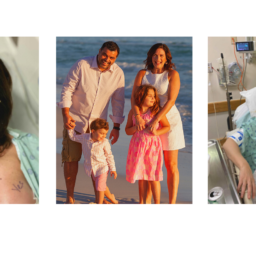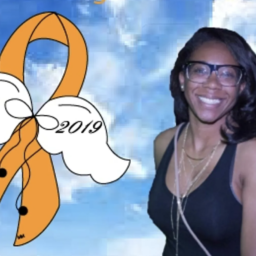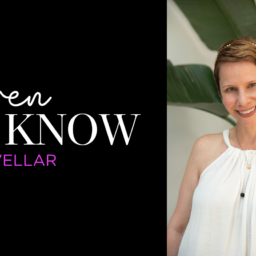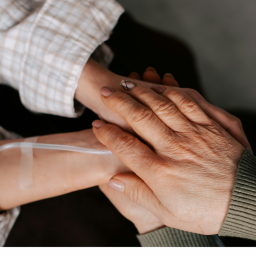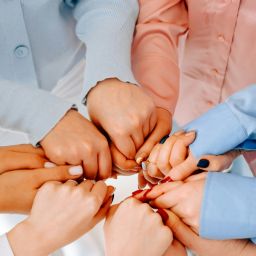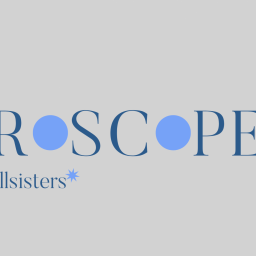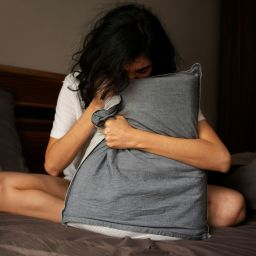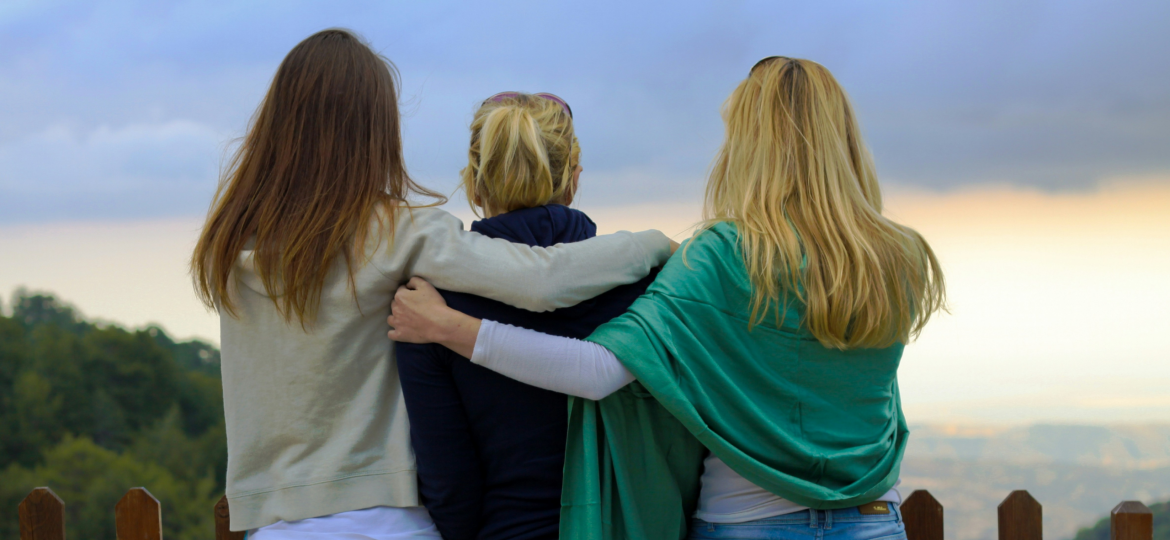
One in three women and one in two men in the U.S. will battle cancer in their lifetime. You know them. You love them. You might be one of them.
In this second installment of a three-part series showcasing 12 women’s experiences with the disease. Some of them are in remission, some are undergoing treatment, and others have taken preventative measures in hopes of never receiving a diagnosis.
We asked them what they wished people knew or said about their experience. From advice on how to talk to children about their illness to why it’s better to say something than nothing, with one major exception (who says that?!)—read on to hear what they said.
“I was told early on not to mention the ‘C’ word to my children, and I don’t think that’s fair. Cancer is all-consuming for the entire family, and I wish I had better communicated what was happening. Similar to death, people often don’t know what to say, so they either say nothing or state, ‘Let me know if I can do anything to help.’ That often leads to no response and unfilled needs. Specifically offering to take the kids for a few hours on a set day or drop off dinner without interaction was exactly what I needed. I did not feel like making small talk or having visitors. I was medicated, sore, and tired. I wish people were comfortable with the feelings of grief, sadness, frustration, and anger, as understanding those feelings will only aid in overcoming them.”
Becca Manolov, 47, Zionsville, IN
Diagnosed with breast cancer in 2020.
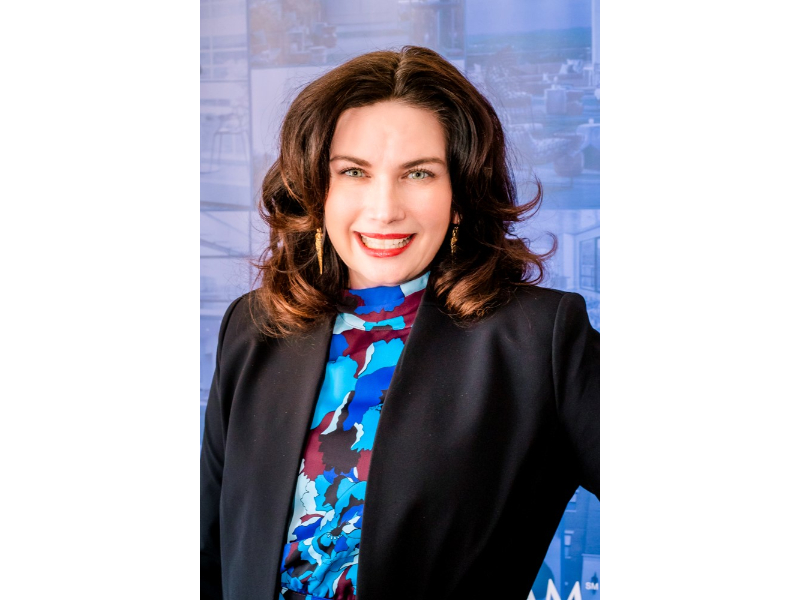
“I don’t like when people tell me they would never get chemo or they would take natural remedies instead. First of all, the people telling me this don’t have cancer, so they can’t really understand what it’s like to have cancer at the age of 31. Secondly, it’s fine for people to do whatever they want with their own bodies, but it shouldn’t be okay to spread deadly misinformation to other people. My cancer is curable, but only if I take the cure (for me, it’s surgery, chemo, radiation, and medication). I am not going to give up on my life in my early 30s because I have curable cancer. I want to live to see old age. I’m not giving up, and I don’t like the implication that I should. Chemo is difficult, but it saves lives. I trust medical science to help me.”
Anastasia Lakshmanan, 32, Indianapolis, IN
Diagnosed with stage 2b breast cancer at the age of 31 in January of 2024.
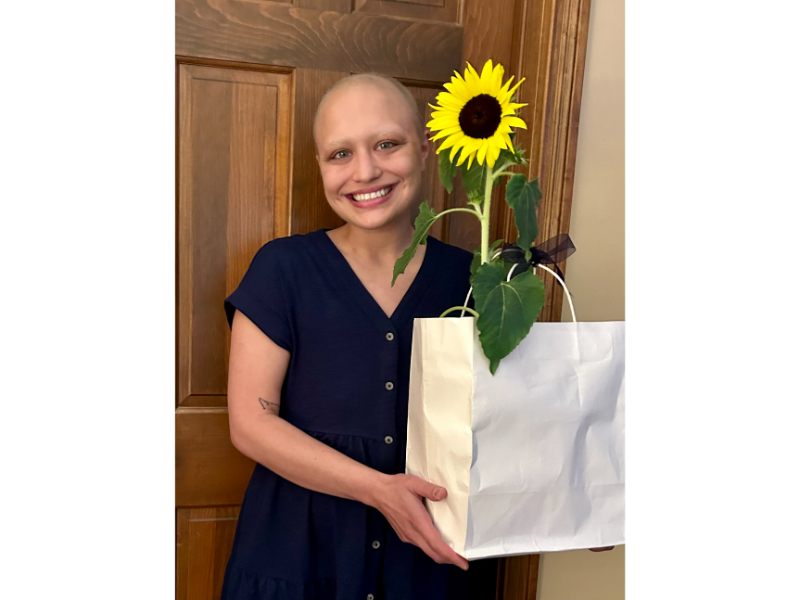
“I wish that people would have offered unconditional support for whatever treatment options I chose. I wish my partner at the time respected my agency to share details with whom I desired to, rather than what he chose to.”
Em Strong, 44, Austin, TX
Diagnosed with breast cancer in 2015.
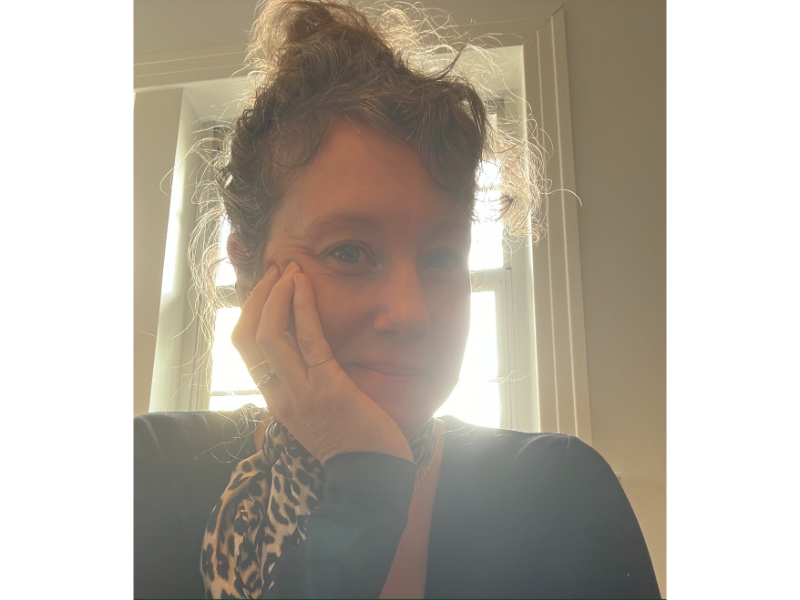
“The first question 99% of people have is ‘What stage are you?’ It is completely rational to ask because they are sizing up your diagnosis, trying to figure out if you have a high likelihood of survival, etc. However, something about this question, especially in the beginning, wasn’t landing well for me. I was lucky, I was stage 1B, but for my friends who were stage 3—they don’t want to see the look you give them when they tell you that stage. They have every intention of surviving and healing so it almost shouldn’t. A better question might be ‘How is your plan of care coming together and are you stuck anywhere and need help with any resources or other opinions?’”
Lena Eliopoulos, 41, Chicago, IL
Diagnosed with Stage 1B invasive ductal Carcinoma, ER and HER2+ in July 2023.
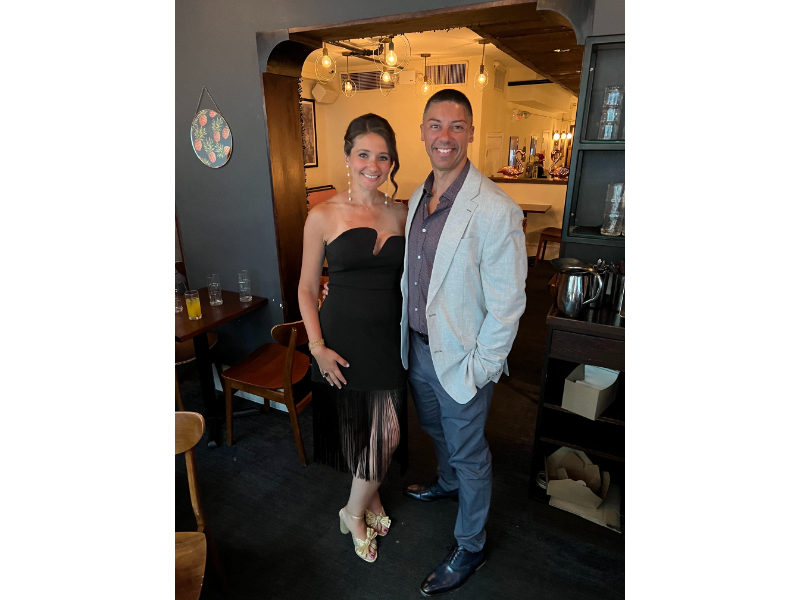
“No cancer experience is the same. Cancer is cancer, regardless if you’re stage 1 or stage 4. Being told at least you’re not as bad as a stage 4 cancer patient doesn’t help you feel any better about your diagnosis. When you hear that, it diminishes your feelings, and you have every right to them.”
Amy Schwartz, 47, Middlebury, IN
Diagnosed with breast cancer in October 2020.

“I wish people didn’t act like they shouldn’t talk about it! It seems like people are worried that bringing it up will be a reminder, but trust me, I didn’t forget! Asking how I’m doing means a LOT and trying to avoid the topic is just so awkward!”
Kristin McCoy, 43, Plainfield, IN
Diagnosed with triple negative breast cancer in 2022.

“There is a lot of misunderstanding around lung cancer and the causes. I have never smoked, and my tumor was not related to any outside source. Lung cancer is one of the fastest-growing diagnoses in young women, so it is something for all people, non-smokers too, to be aware of and understand!”
Jessica Limeberry, 40, Greenwood, IN
Diagnosed with lung cancer in 2018. Kidney tumor removed in 2024.
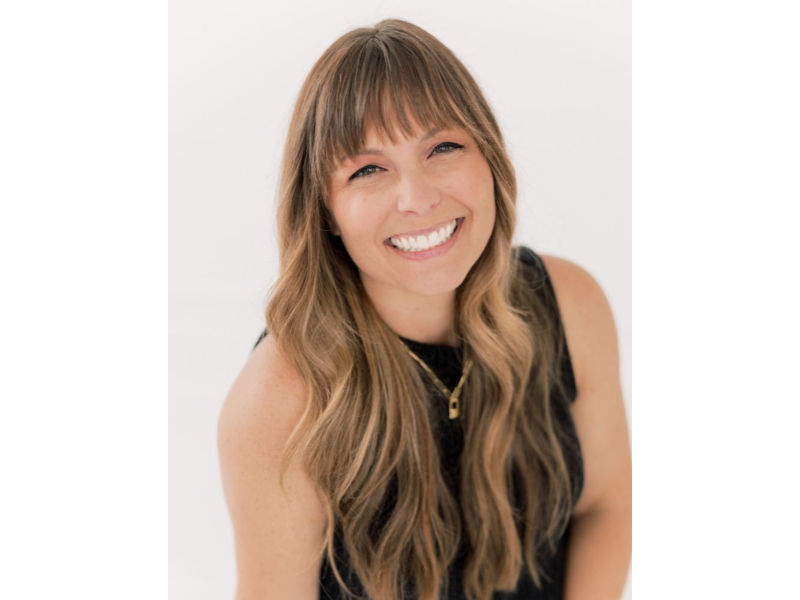
“It doesn’t really help when people say, ‘You are healthy and tough and you’ll beat this.’”
Cindy Kupiainen, 56, Indianapolis, IN
Diagnosed with DCIS, a stage 0 breast cancer in 2018. Diagnosed with stage III ovarian cancer in 2023
“Some people compared my double mastectomy with reconstruction with a boob job. They are not the same.”
Jenni Egger, 54, Indianapolis, IN
Experienced a double mastectomy following genetic testing
“[When people say] ‘Everything happens for a reason’—you’re basically saying they were ‘chosen’ to carry this life-long, life-altering burden, and whatever comes out of it should be considered a gift. Yes, you can find meaning and purpose in a cancer diagnosis, and I saw such good in people. But I would certainly give it back in a heartbeat if it meant I didn’t have to experience infertility and a constant fear of recurrence. I think people say this because subconsciously it makes them feel better—like there’s a reason it happened to me, not them.
Also, people would say things like, ‘Oh you have cancer? My [insert family member] died of cancer.’ Seriously, I heard this all the time. Not a great pep talk. It’s such a hard time and people mean so well. But I think the best thing people can say is just, “I’m sorry. This sucks. I’m here with you.” Just acknowledging the pain and the fear goes such a long way. And, the last thing, is saying something—even if maybe not quite right—is better than saying nothing at all. I did have people in my life who didn’t know what to say so they just didn’t say anything. That really sucks too.”
Brynna Blodgett, 43, Indianapolis, IN
Diagnosed with Stage 2 Breast Cancer in 2015
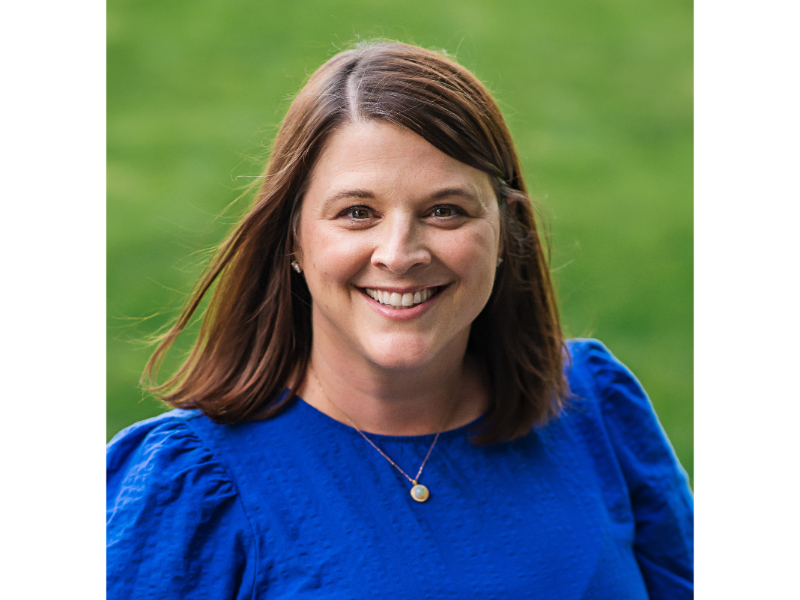
ResearcHERS of Indiana
One in three women and one in two men in the U.S. will battle cancer in their lifetime. At Indy Maven, we know even just one person can make a difference so we’re proud to support ResearcHERS: Women Fighting Cancer, a movement that engages women to raise funds to directly support women cancer researchers.
Women make invaluable contributions to cancer research, yet they’re consistently underrepresented in research leadership. The ResearcHERS campaign wants to change that. Their goal is to ensure the unique perspective of women remains a powerful and growing force in cancer research. Support them by donating here.
SUPPORT LOCAL JOURNALISM
All of our content—including this article—is entirely free. However, we’d love it if you would please consider supporting our journalism with an Indy Maven Membership.
P.S. Sign up for our weekly newsletter with stories like this delivered to your inbox every Thursday!




